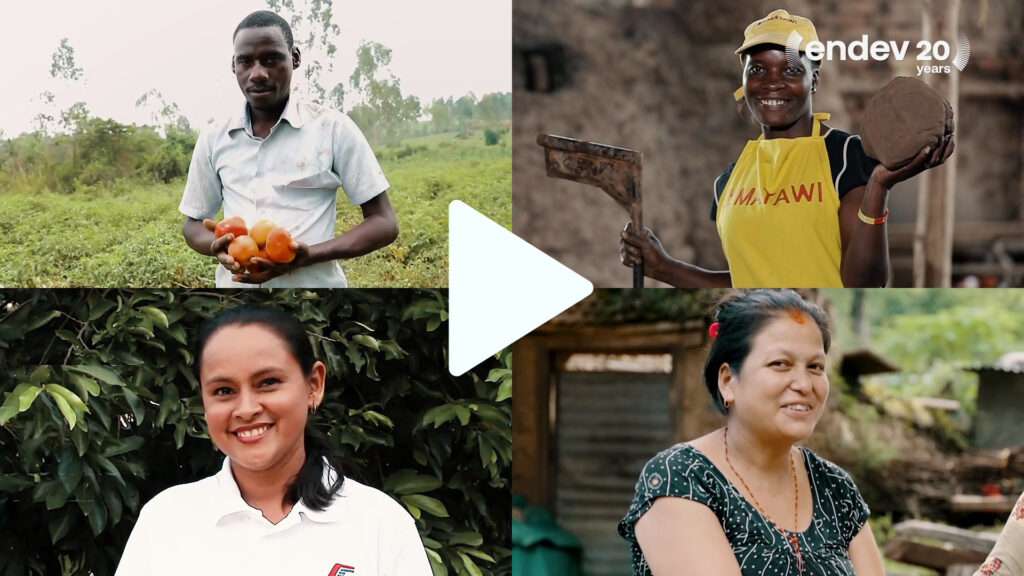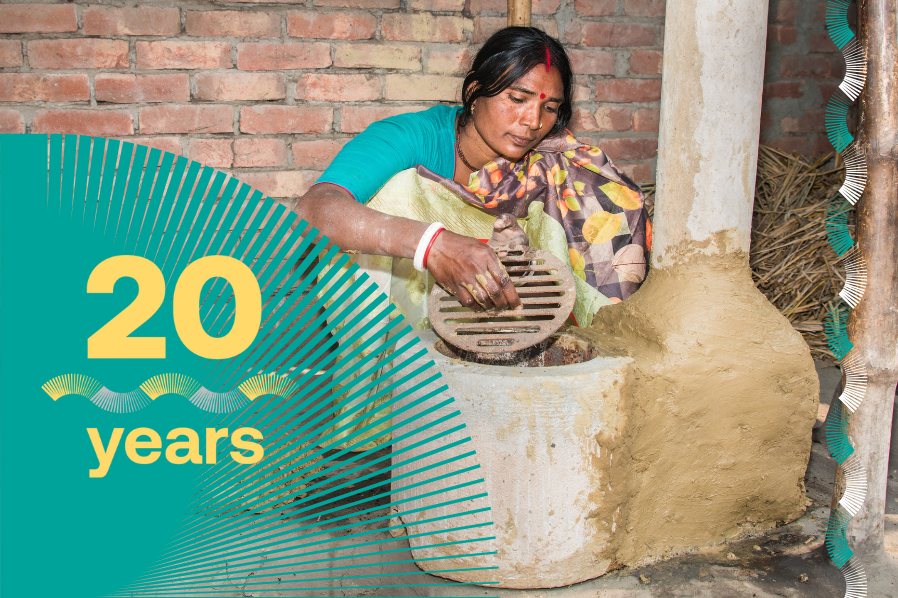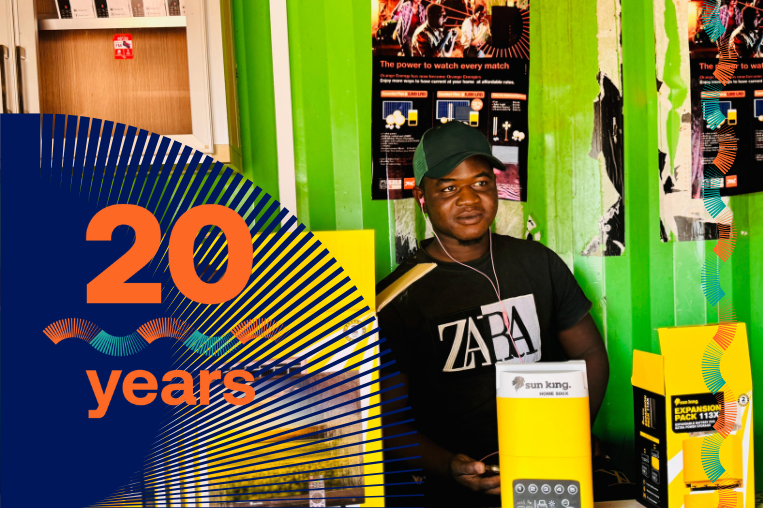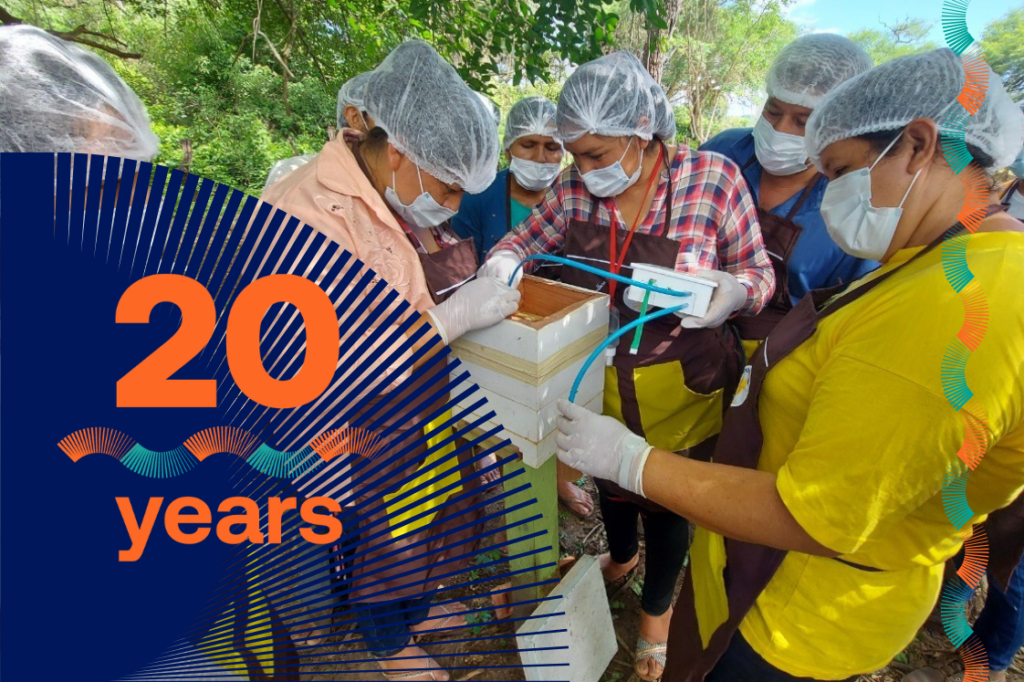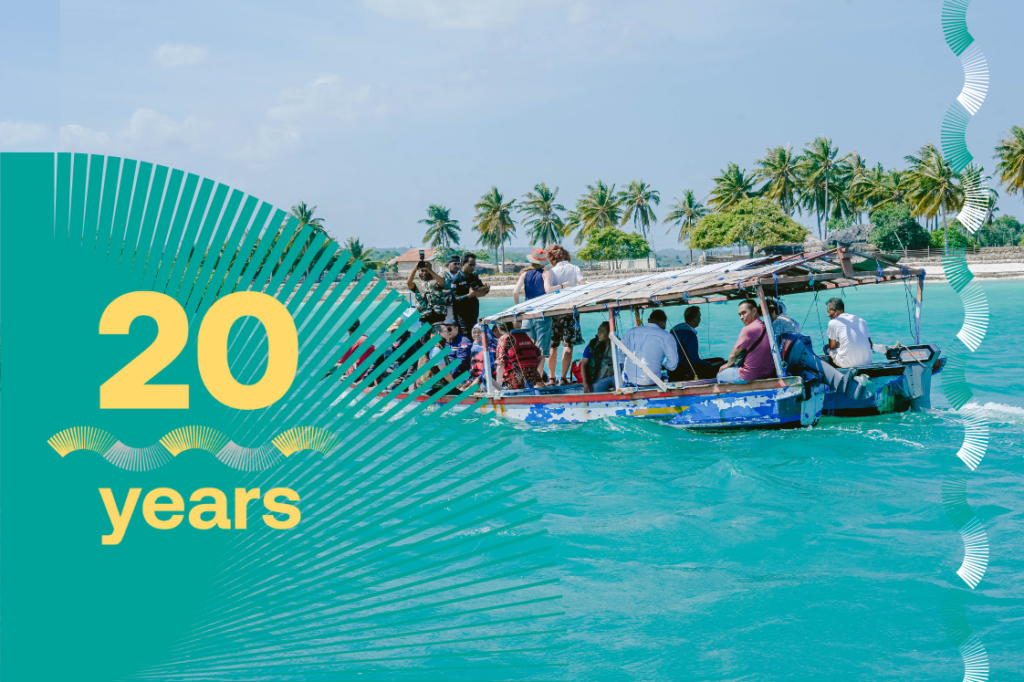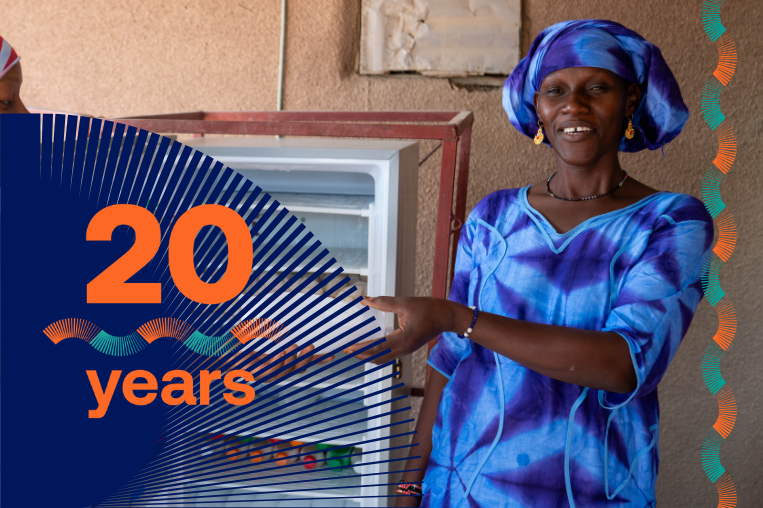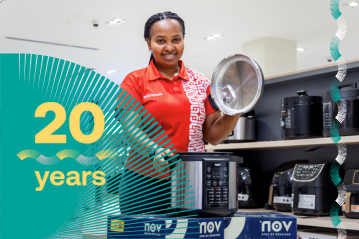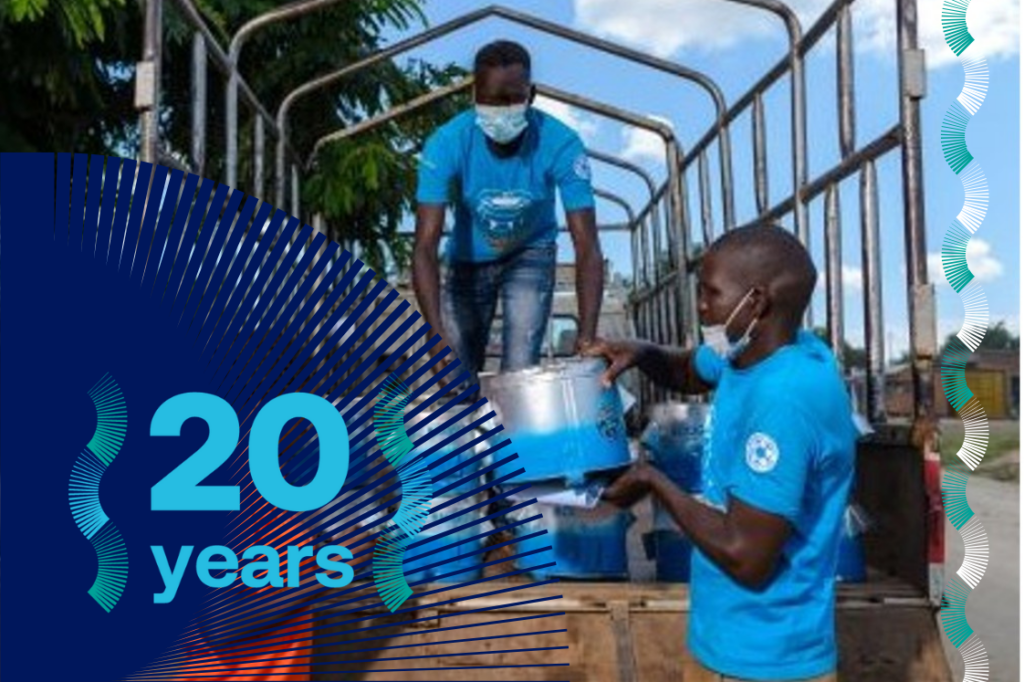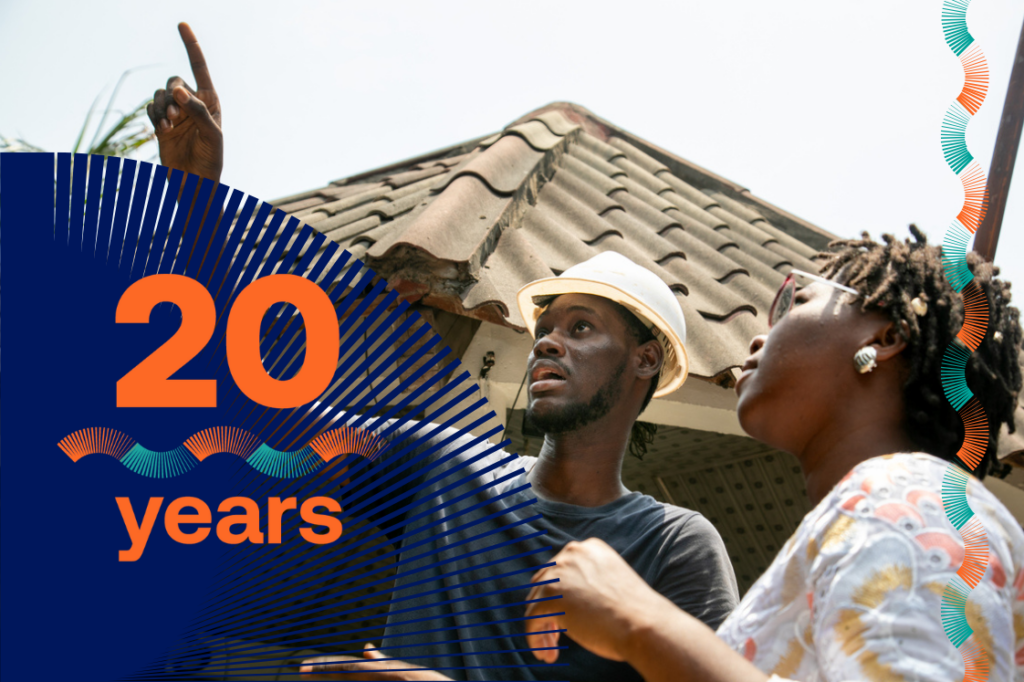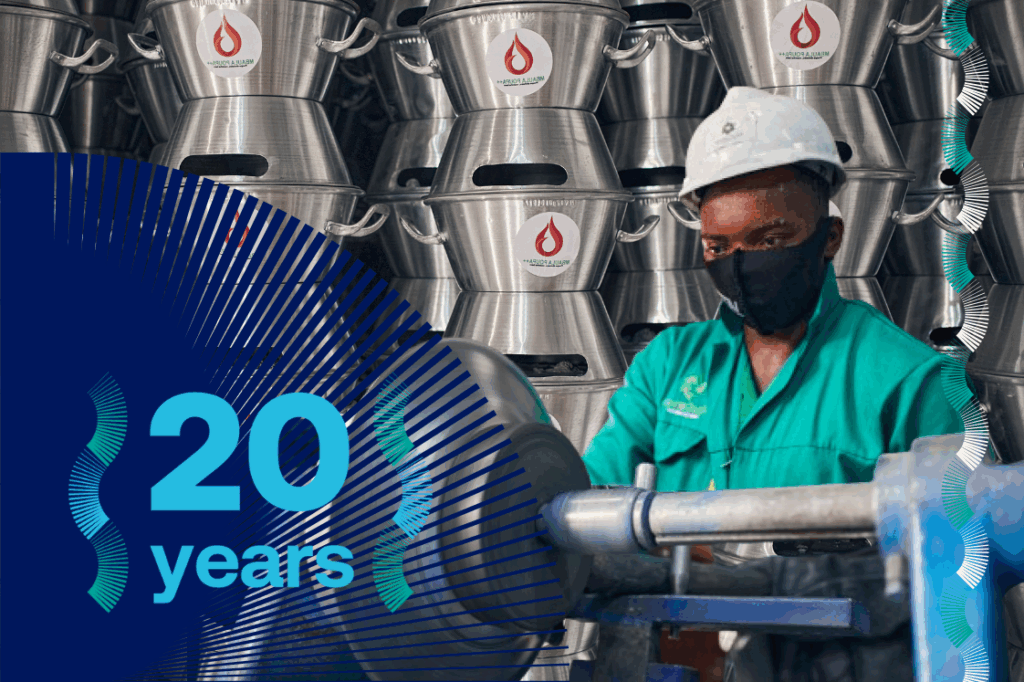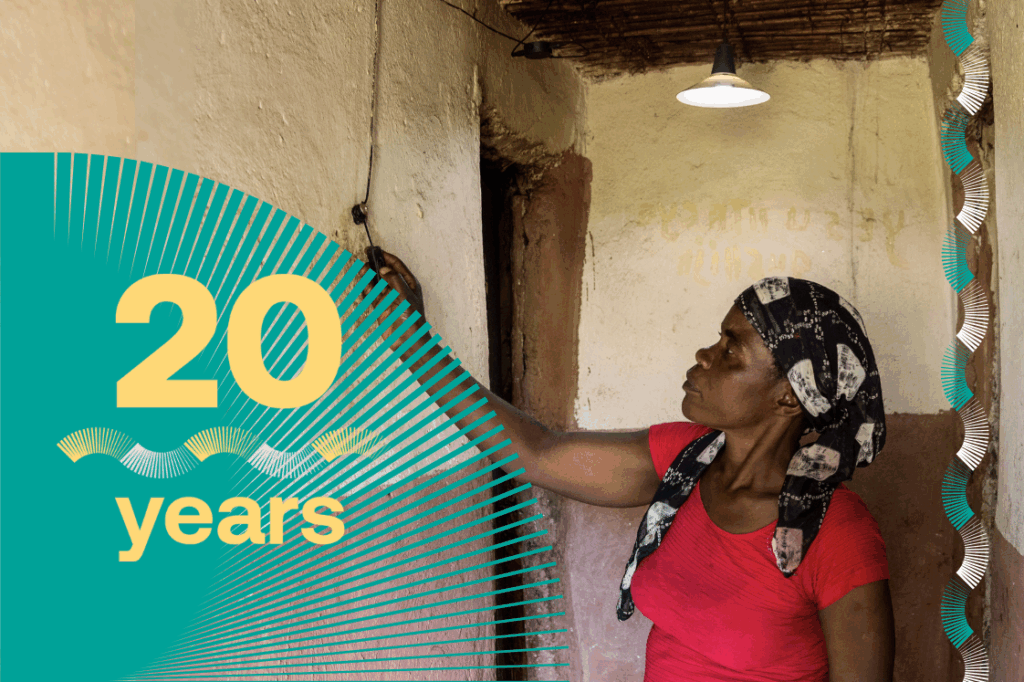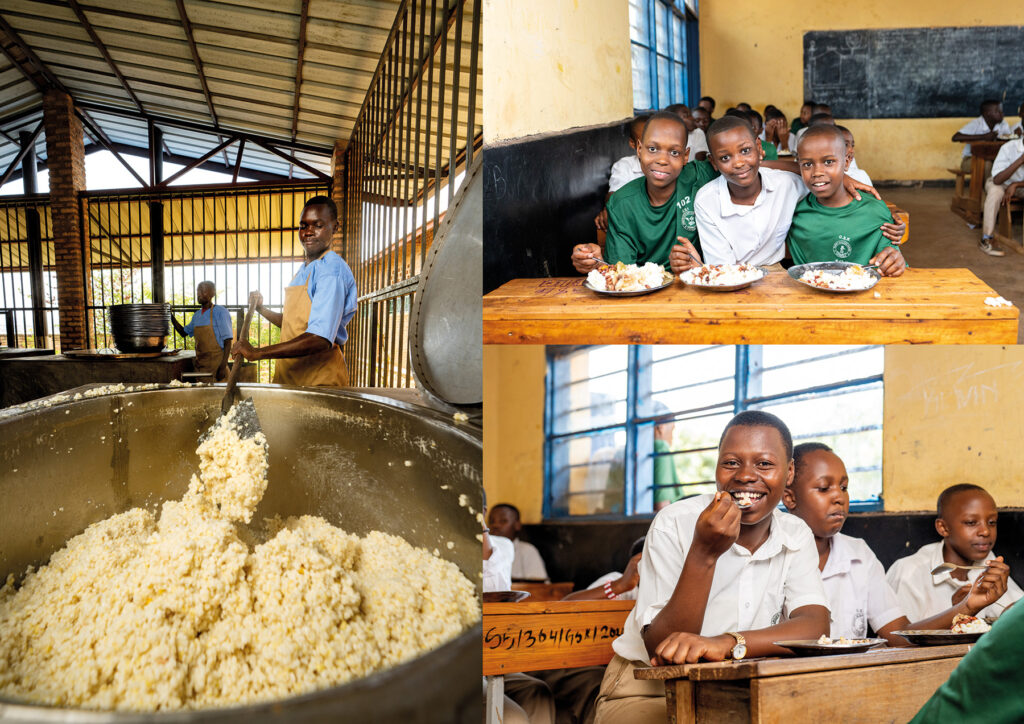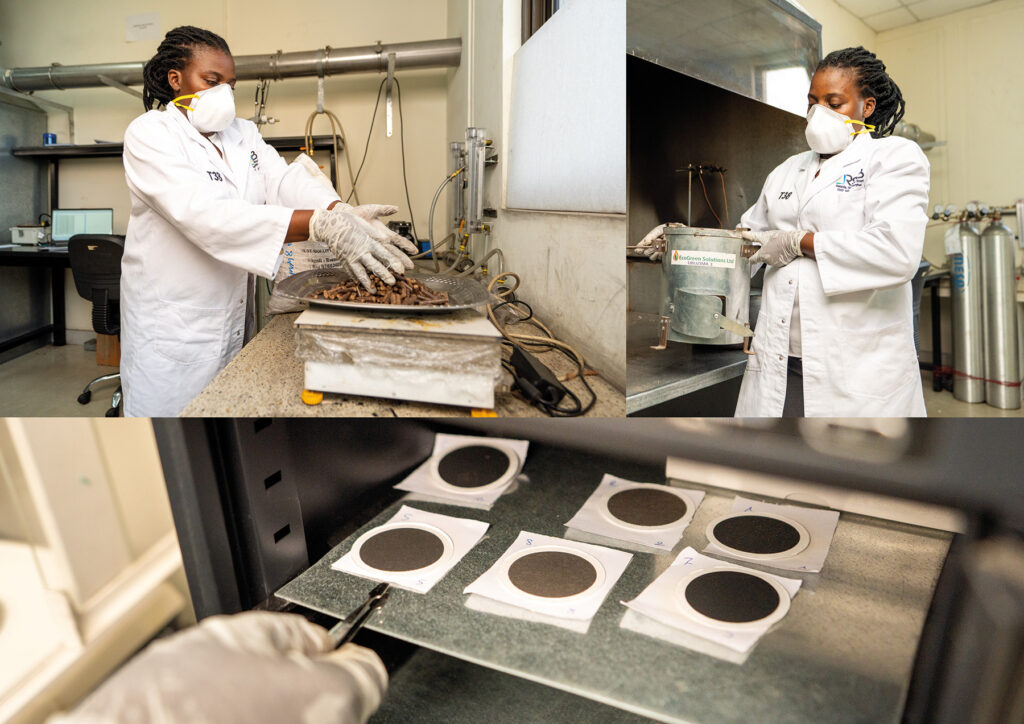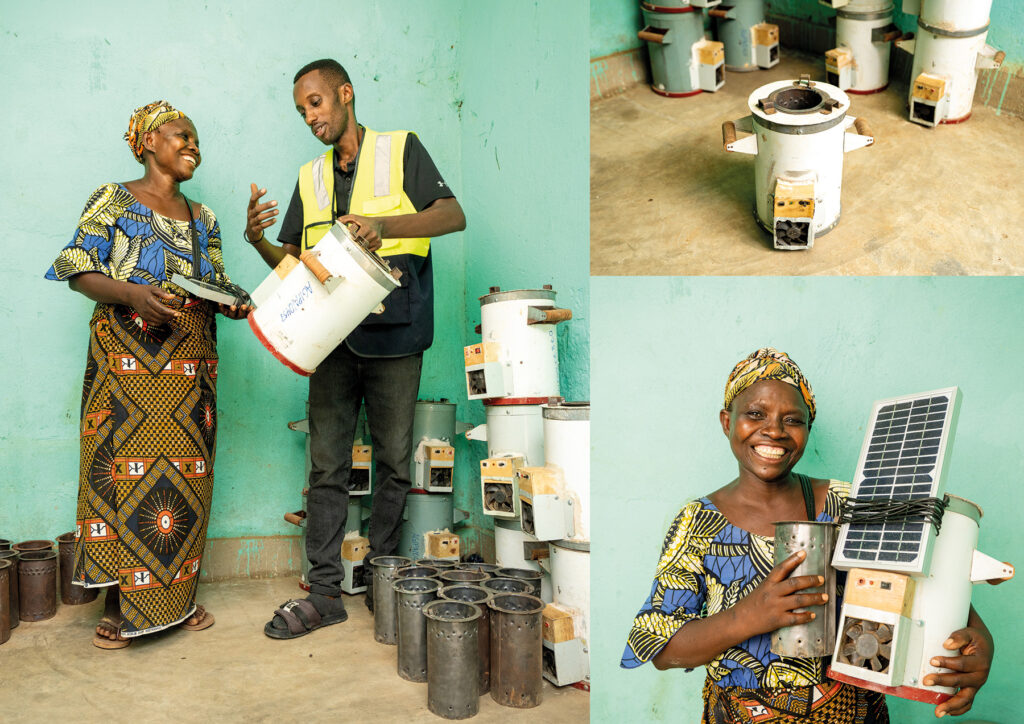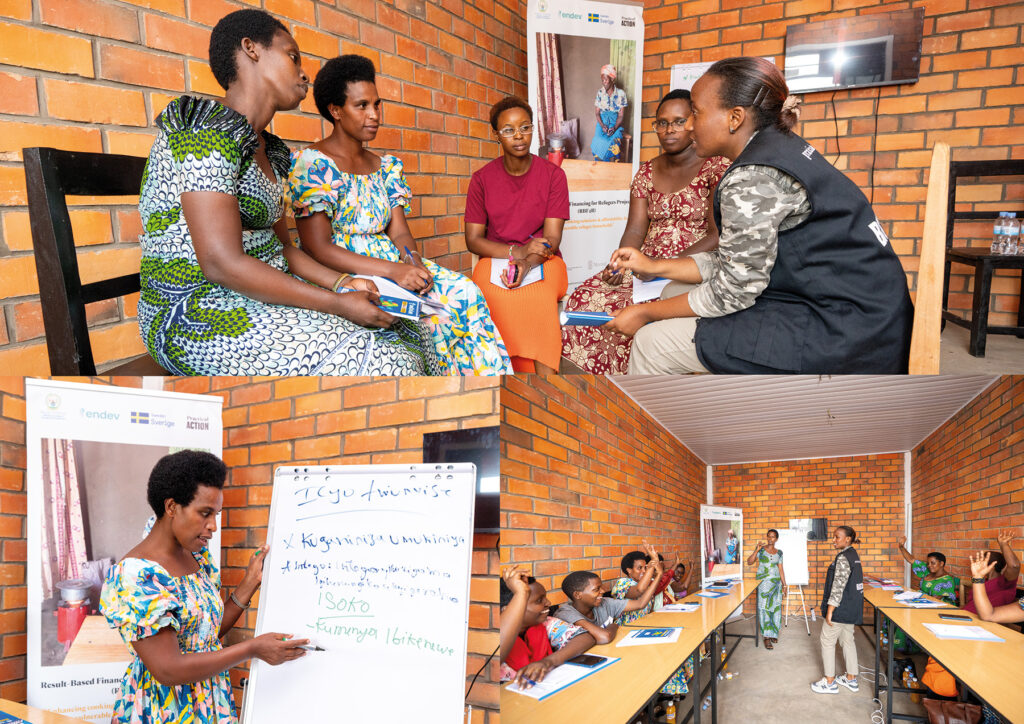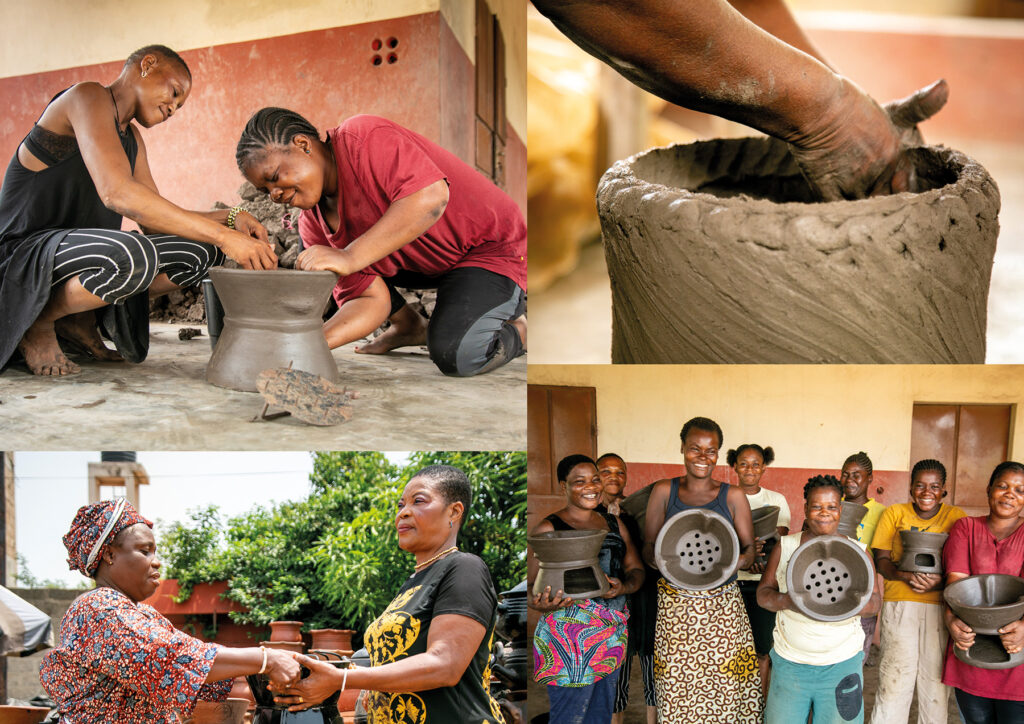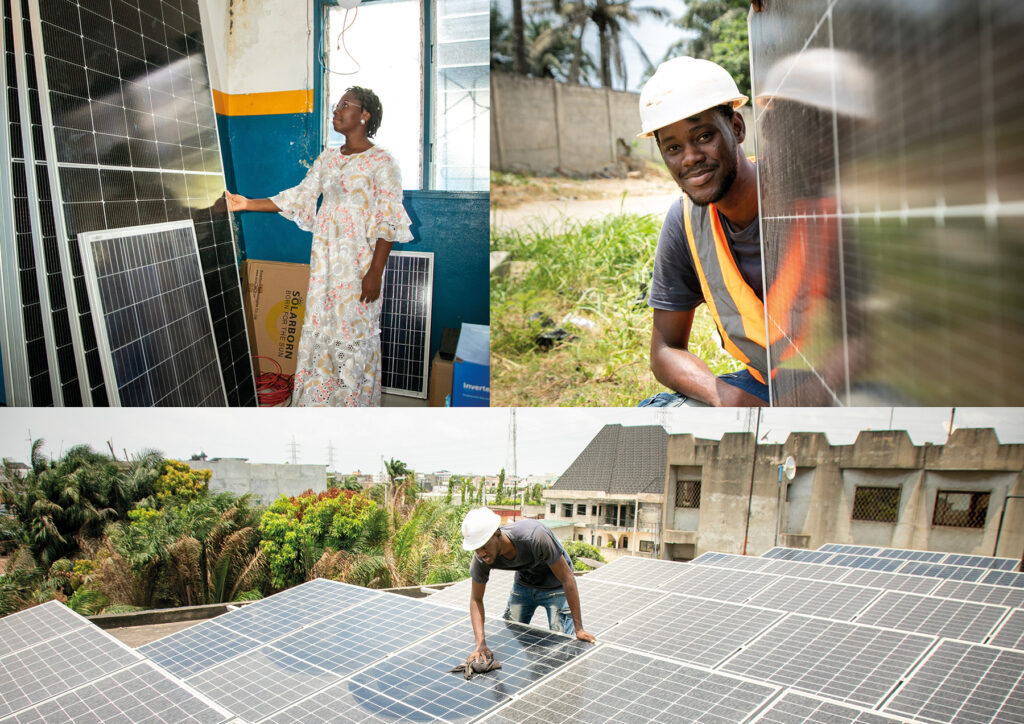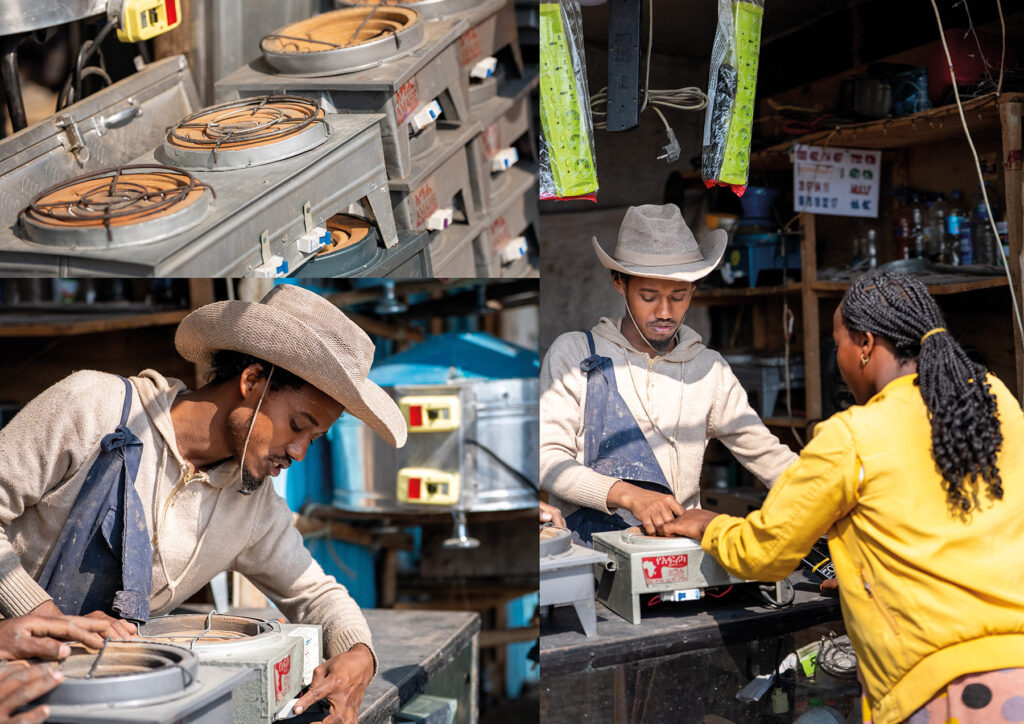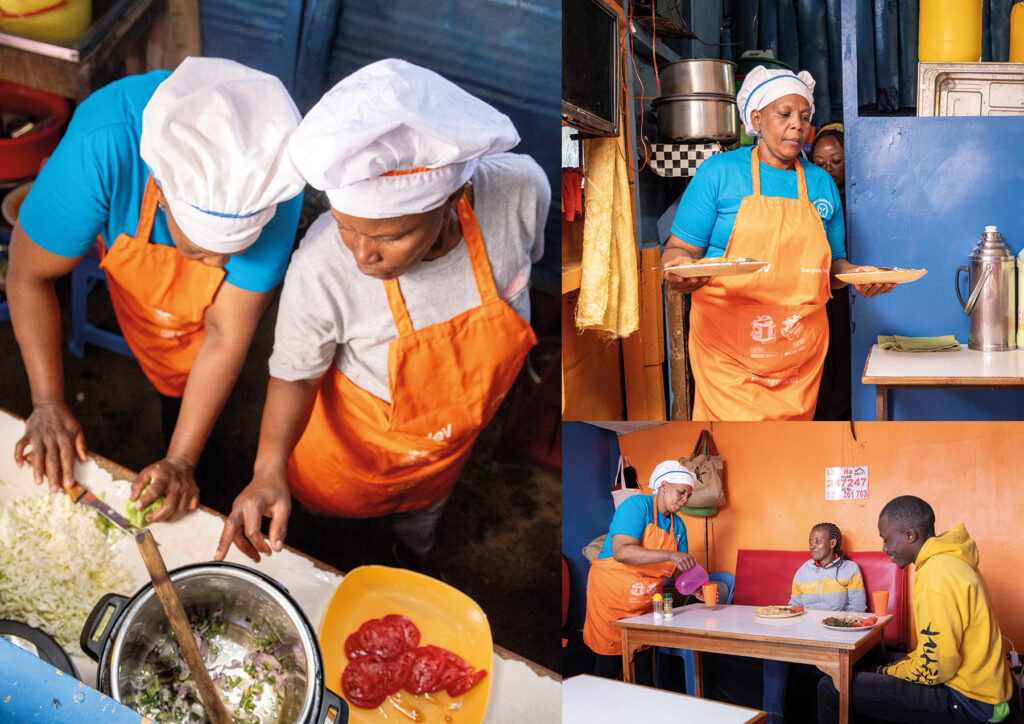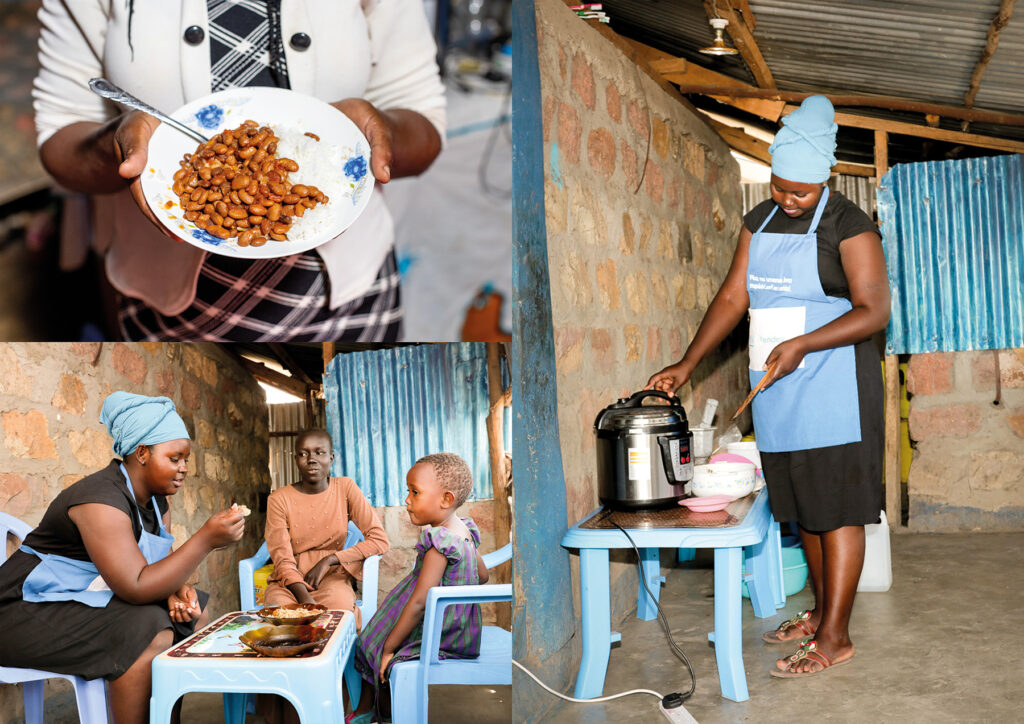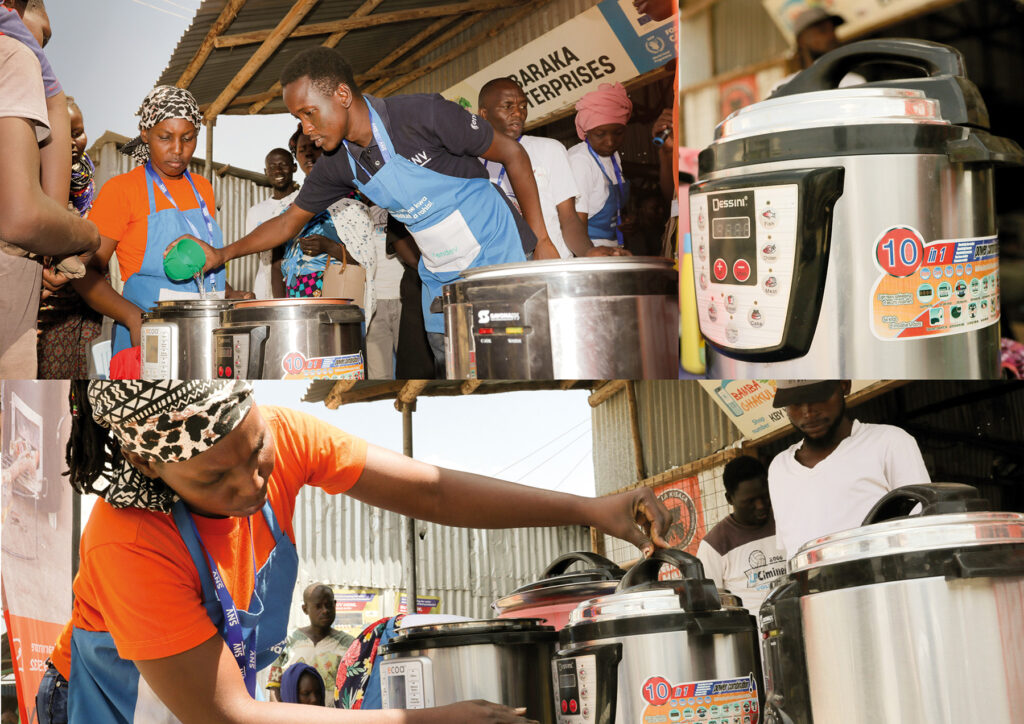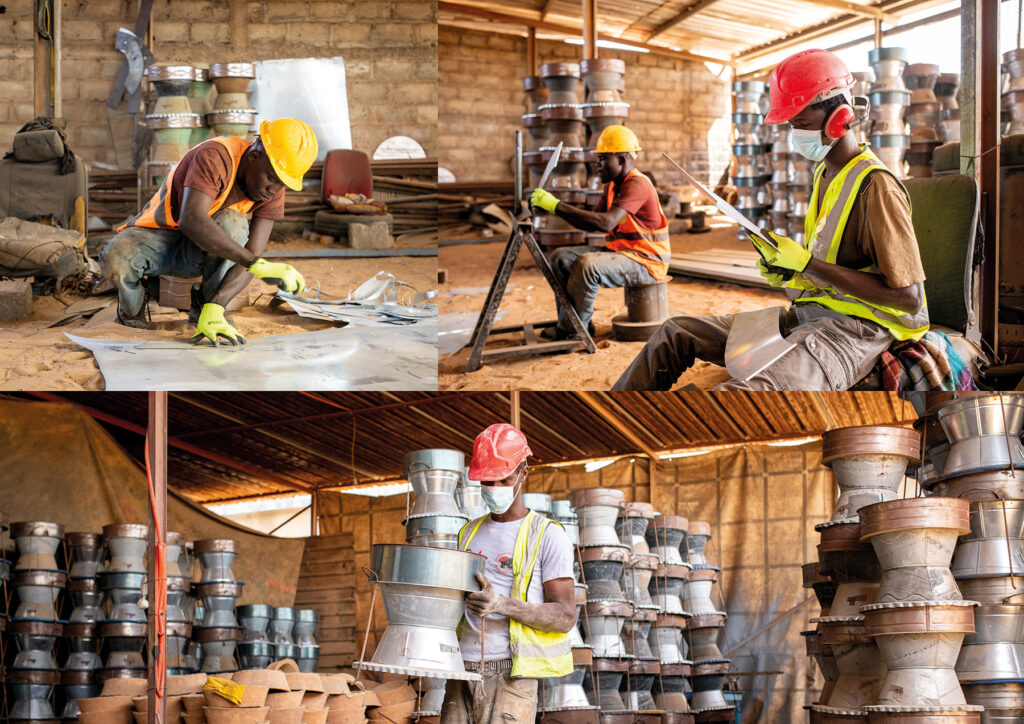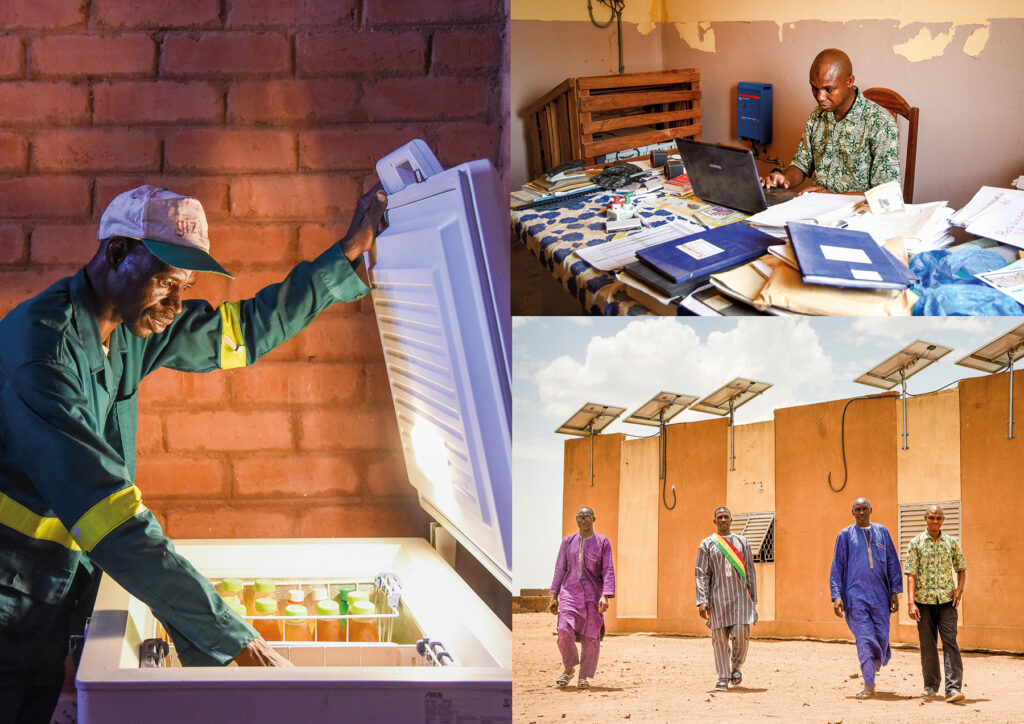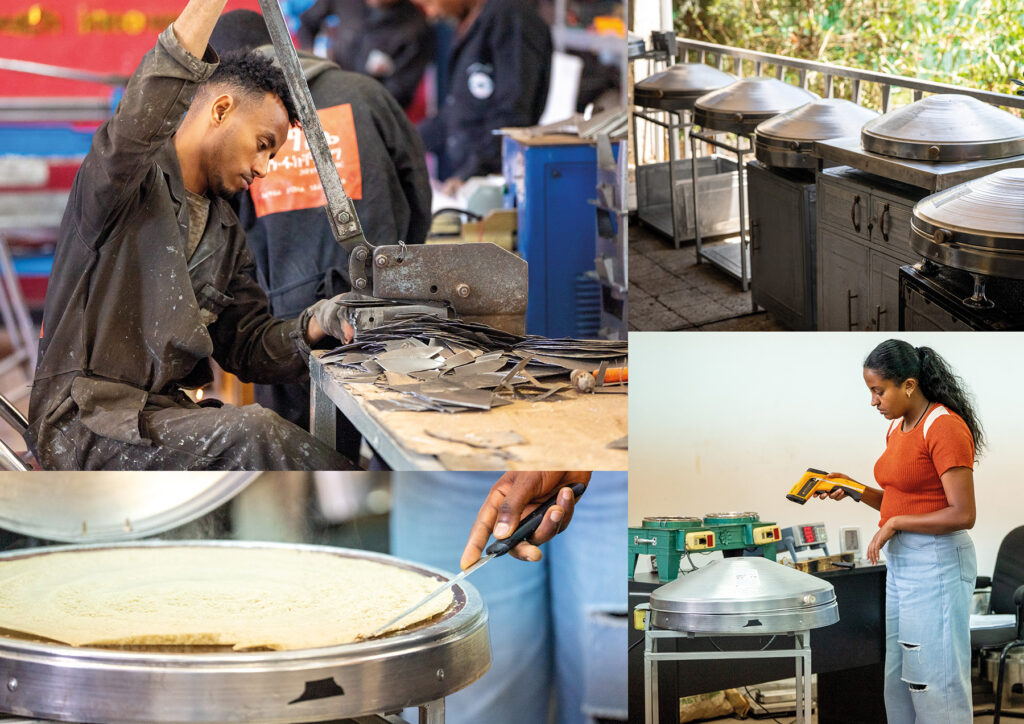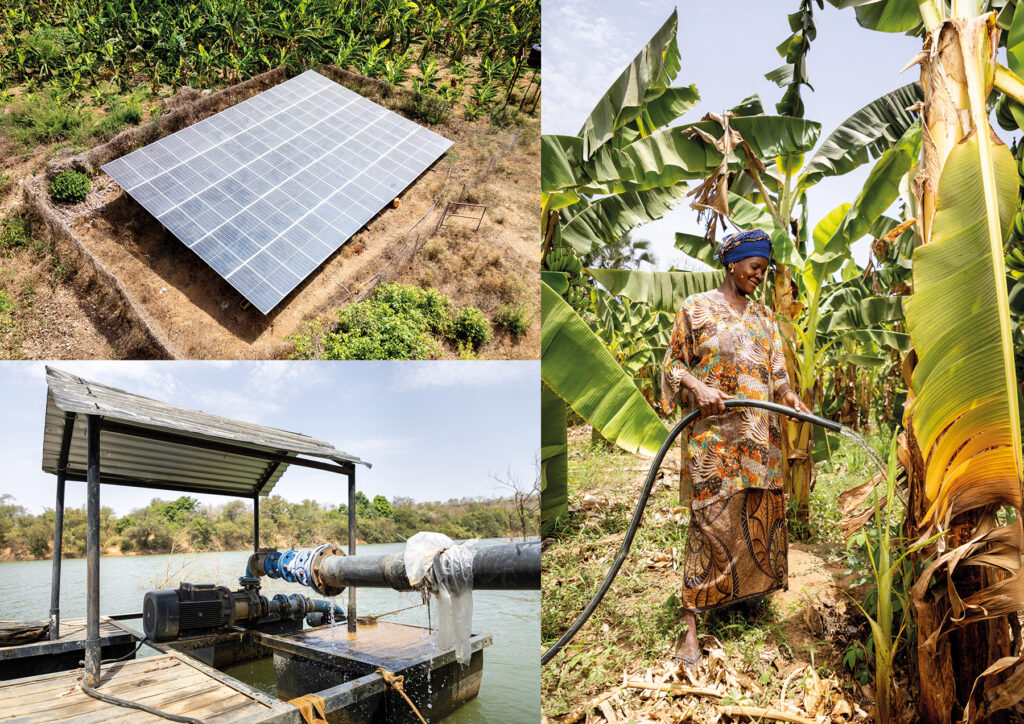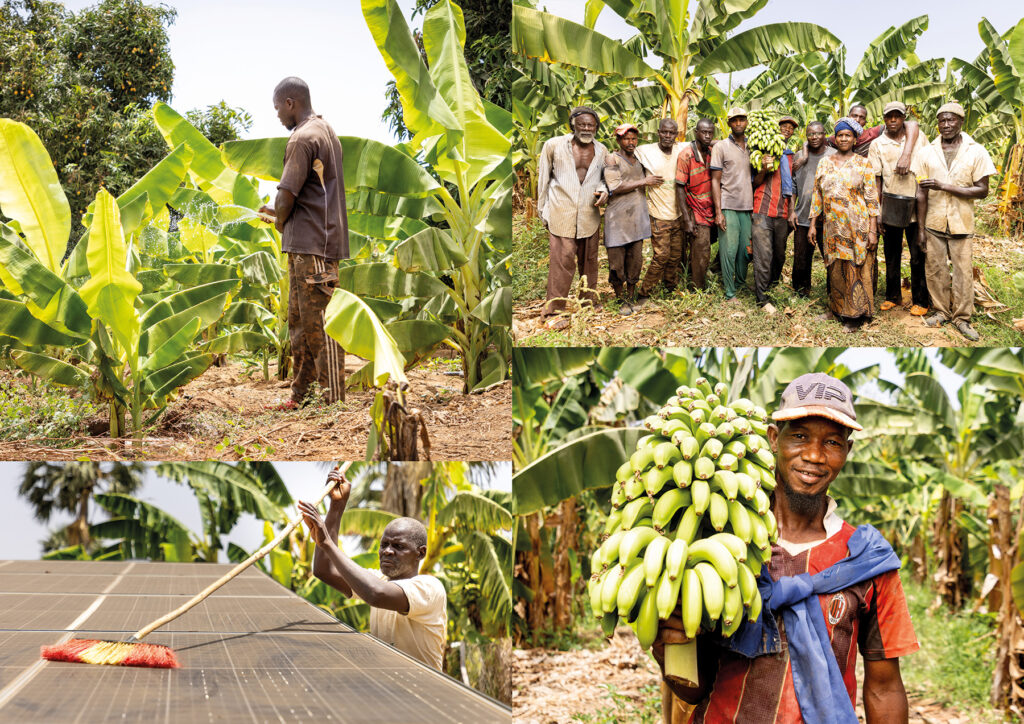
Energising Change
For 20 years, Energising Development (EnDev) has been bringing clean, reliable energy to millions—powered by strong partnerships with governments, businesses, institutions, and communities. Whether it’s lighting up homes, empowering businesses, or fueling socio-economic growth, EnDev’s work directly supports SDG 7 and the global energy transition.
Impact in numbers
What EnDev achieved
33.9
million people with access to energy
From Africa to Asia to Latin America, EnDev
brought energy solutions to where
they’re needed most— to achieve
real and lasting results.
Find impacts from 20 years
20 years in motion
Why energy access matters
Energy means more than electricity:
it means health, education, livelihoods and opportunity.
Marking two decades of impact
in motion, the video captures why
energy access matters.
Watch video
Lessons Learned

successfull
approaches
How we approached our projects
what we learned in the process
and would like to share
with everyon
All best practices
Partner voices
Partnerships that power progress:
By working hand in hand with governments,
businesses, sector organisation, institutions, communities
and like-minded partners we’ve designed
solutions that work, last, and change lives.
See what partners think about us
Human impact stories
How lives have changed

Human impact
stories
Behind each of the 33.9 million people
reached is a story of a life transformed
through energy access.
Beyond the numbers, EnDev delivers
lasting change—for people and planet alike.
Read the stories
Best practices
What works best

Best practices
A programme that evolves with impact — over 20 years,
EnDev adapted, reinvented and expanded
while staying true to our mission.
EnDev’s best practices highlight proven
strategies, innovative approaches
and key takeaways that provide valuable
insights for today and tomorrow.
Learn about EnDev’s best practices
Flagschip Reports

successfull
approaches
How we approached our projects
what we learned in the process
and would like to share
with everyon
All best practices
Topics
On what we work
EnDev’s work is diverse—ranging from
energising lives to creating opportunities
and supporting climate goals.
Across all areas, EnDev contributes
to expanding energy access and advancing
progress towards SDG 7.
Find out what we do
Impact in numbers
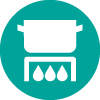
Cooking energy

Electric energy
For a more sustainable and equitable future, EnDev expanded modern energy access for 33.9 million people, supporting MSMEs, creating jobs, and mitigating greenhouse gas emissions.

Cooking energy
EnDev drives the uptake of clean cooking, aiming to contribute to a wider sector transformation from lower tier to higher tier cooking solutions. Since 2005, 26.1 million people gained access to modern cooking solutions

Electric energy
Over 20 years, EnDev has accelerated electrification in underserved communities, MSMEs, schools, and health centres—focusing on solar lamps, home systems, and mini-grids—to bring electricity to 7.8 million people.
- Active countries
- Phased-out countries
Why energy access matters
Human impact stories

stories how lives have changed
Discover powerful journeys of change and transformation. Follow along as all 20 unfold.
Best practices

approaches that show what works best
Discover new best practices as we continue to add more – until all 20 are live.
2,700 electricpressure cookerssold in 1styear.
2,700 electricpressure cookerssold in 1styear.
2,700 electricpressure cookerssold in 1styear.
2,700 electricpressure cookerssold in 1styear.
2,700 electricpressure cookerssold in 1styear.
2,700 electricpressure cookerssold in 1styear.
2,700 electricpressure cookerssold in 1styear.
2,700 electricpressure cookerssold in 1styear.
2,700 electricpressure cookerssold in 1styear.
2,700 electricpressure cookerssold in 1styear.
2,700 electricpressure cookerssold in 1styear.
2,700 electricpressure cookerssold in 1styear.
2,700 electricpressure cookerssold in 1styear.
2,700 electricpressure cookerssold in 1styear.
2,700 electricpressure cookerssold in 1styear.
2,700 electricpressure cookerssold in 1styear.
2,700 electricpressure cookerssold in 1styear.
2,700 electricpressure cookerssold in 1styear.
2,700 electricpressure cookerssold in 1styear.
2,700 electricpressure cookerssold in 1styear.

A glimpse into EnDev's work
These images tell stories of energy, people and progress. They offer a glimpse into the lives of people living in Senegal, Rwanda, Benin, Ethiopia, Mali, and Kenya – where access to energy often is a spark for transformation.
Fueling brighter futures with efficient cooking
Gasabo District, Rwanda
Inside the Catholic Kabuga School, a new kind of stove is changing the way school meals are made. Developed with support from the EnDev programme, the Kabuga stove is a high-efficiency wood cooker built with locally sourced materials. Its heat-resistant grates and redesigned combustion chamber deliver up to 45% efficiency at high power and 70% at low power—far outperforming traditional models. In the photos, we see it in action—chefs stirring steaming pots, and students enjoying the nutritious meals it helps prepare. Cleaner, faster and at lower cost; smarter cooking for a brighter school day.
Testing for cleaner cooking
Kigali, Rwanda
Inside the EnDev supported emissions testing center in Kigali, innovation meets precision. Supported by the EnDev programme, scientists measure pollutants like fine particulate matter (PM2.5) to assess the health and environmental impact of cooking technologies. These photos capture key moments in the process: locally produced wood pellets prepared for testing, a stove placed under a fume hood, and PM2.5 filters conditioned for accurate data collection. Each step supports the development of cleaner, safer stoves for communities across the region.
Powering change in refugee communities
Mahama Refugee Camp, Kirehe District, Rwanda
At Mahama refugee camp, clean cookstoves are creating new opportunities for more efficient, sustainable and healthier cooking. Through EnDev support, AgroPlast Ltd supplies their locally produced forced-air draft stoves that run on pellets—reducing smoke and avoiding the search for firewood in humanitarian settings where resources for refugees and the host community are often scarce. These pictures show a stove demonstration, a display of units ready for distribution, and a new customer with her stove and solar charger in hand—marking a shift toward safer, more reliable energy access in humanitarian settings.
Building business, reclaiming power
Mahama Refugee Camp, Kirehe District, Rwanda
At Mahama refugee camp in Kirehe District, women are gaining the tools to shape their own futures. Through EnDev support, they plan for productive use of renewable energy business opportunities. This training equips aspiring entrepreneurs with practical skills—from technical and financial management to marketing and customer service. In these photos, women participate in hands-on sessions led by Practical Action, turning knowledge into opportunity and paving the way for economic resilience in displacement settings.
Hands that shape change
Comè, Benin
At the UPC OBOUBE cooperative in Oumako, Comè, every stove tells a story—from earth to home, shaped by the hands of women driving change. With support from EnDev, these women are at the heart of the clean energy transition of their own communities, producing ceramic inserts for improved cookstoves that are safer, more efficient, and better for the environment.
The photos trace the journey of each stove: clay molded by hand at the Oumako production center, ceramic stoves ready for distribution, and the handover at the now well-known local shop. More than just products, these stoves represent strengthened local supply chains, thriving women-led businesses, and cleaner kitchens across Benin.
Power in Progress
Cotonou, Benin
In a country where most people still do not have access to electricity, solar energy is creating new opportunities. At the ARESS headquarters in Cotonou, solar technology is both powering the building and serving as a live demonstration of what clean energy can do. Supported by EnDev and co-financed by the EU, companies like ARESS are expanding access to small-scale solar systems across Benin, reaching even more remote communities.
These photos capture the journey of solar in action: from PV panel inspection to installation, the everyday work of trained technicians. This is more than energy access—it’s local business growth, job creation, and a brighter, cleaner future taking shape.
Powering kitchens, empowering entrepreneurs
Addis Ababa, Ethiopia
These photos offer a glimpse into the SEE-Clean Cooking programme, financed by the EU, the Netherlands and Denmark, in action in Ethiopia—where clean energy meets local enterprise. Shot in the heart of Addis, the photos capture everyday moments from a growing ecosystem of entrepreneurs distributing electric cooking appliances. From vendors arranging sleek, modern cookstoves in small shops to customers receiving hands-on guidance, each scene tells a story of personal aspiration, choice and progress.
Through result-based financing and business development support, the SEE programme helps companies in the clean cooking sector scale up sustainably. This diverse range of appliances—including multi-burner and injera-specific models— not only powers kitchens with efficient, electric solutions but also empowers local businesses to thrive.
Wired for flavor: eCooking in the city
Nairobi, Kenya
Step into the kitchen of Susan Matathia, where innovation meets tradition. In her small but vibrant restaurant tucked within one of Nairobi’s high-density neighborhoods, Susan prepares hearty meals using an Electronic Pressure Cooker (EPC)—one of the more advanced technologies supported by EnDev’s eCooking initiative in Kenya.
These photos capture more than just sizzling pots and plated meals; they reveal the energy of a local food business powered by modern solutions. With EPCs and induction cookers, small urban restaurants like Susan’s are cutting energy costs, reducing indoor air pollution, faster serving food, therefore gaining new efficiencies that keep their businesses thriving.
From smoke to spark
Kakuma Refugee Camp, Northern Kenya
Home to over 258,000 people, Kakuma Refugee Camp is a place of resilience—and now, cleaner possibilities. While most households still rely on smoky three-stone fires or charcoal, a quiet shift is underway. Thanks to access to electricity through a solar powered mini-grid system, families are beginning to cook with Electric Pressure Cookers (EPCs). These modern appliances reduce indoor air pollution, save on fuel costs, and make daily cooking safer and faster without the need to go outside and spend time searching for fuel.
These photos capture everyday moments transformed: a family gathered around a table with freshly prepared food using an EPC, food prepared with ease, and the comfort of a smoke-free kitchen. In a place where the air was once filled with smoke at every mealtime, clean cooking is bringing health, dignity, and a brighter future to the table.
Training for Tomorrow’s Kitchens
Kakuma Refugee Camp, Northern Kenya
In the dusty heart of Kakuma Refugee Camp, where smoke-filled kitchens are still the norm, a quiet learning revolution is taking place. EnDev is equipping households with the knowledge and skills to shift toward cleaner, safer cooking through hands-on training sessions with Electric Pressure Cookers (EPCs).
These photos document one of those moments: curious participants gathering around a live demonstration, asking questions, watching steam rise—not from firewood, but from a sleek, low-emission high-tech appliance. Step by step, women and men learn how EPCs save time, reduce harmful smoke, and make cooking more efficient in their daily lives.
Crafting change
Diamniadio, Dakar – Senegal
In a bustling workshop on the outskirts of Dakar, sparks fly, metal rings, and innovation takes shape. At Touba Foyers Améliorés, led by Massaer Guéye, skilled workers are building a cleaner future. With support from EnDev and the project “Promotion of Climate-Friendly Cooking: Kenya and Senegal”, financed by the Green Climate Fund and BMZ, this local enterprise is producing over 3,000 high-efficiency Jambar charcoal stoves every month. Made from steel and ceramic inserts, these stoves reduce fuel consumption, deforestation, greenhouse gas emissions, and indoor air pollution—all while improving safety, hygiene, cost and cooking comfort.
The photos capture the rhythm and purpose of the manufacturing process: cutting, shaping, assembling, and preparing stacks of climate-friendly cookstoves for distribution across Senegal. Behind every stove is a job, a skill, and a step forward for clean energy.
Energy for care
Baroueli, Mali
In rural areas of Mali, reliable electricity through off-grid solar systems can make all the difference. With support from EnDev, solar power is being used to strengthen vital public services—bringing clean, consistent energy to health centres and other local institutions like schools and community centres.
The photos show this transformation in action: solar panels installed on rooftops, technicians ensuring everything runs smoothly, and the real impact inside—refrigerators keeping vaccines safe, lights powering clinics, enabling safe births at night and administrative work made possible.
Cooking change, one injera at a time
Addis Ababa, Ethiopia
In Ethiopia, where injera is a staple on every table, innovation meets tradition in the hands of local manufacturers. At Amahe Manufacturing PLC in Addis Ababa, electric injera stoves are being produced to meet everyday needs while reducing emissions and energy use. With support from the SEE Clean Cooking programme, Amahe has been able to grow its production capacity and refine its processes—contributing to a cleaner, more efficient way of cooking that stays true to local customs.
These photos follow the journey of the stove: from the shaping and assembly of metal components inside the factory, to precise testing at a dedicated lab in Addis, where each model is evaluated to meet national efficiency and certification standards. This is the story of how local enterprise, innovation, and clean energy come together—on the path to a healthier future, one injera at a time.
Powering Growth, Drop by Drop
Saré Koubé, Kolda Region, Senegal
In the rural village of Saré Koubé, innovation is taking root—literally. With the support of EnDev, a new 60kW solar mini-grid is transforming banana farming by powering water pumps that irrigate crops without relying on diesel. The result? Higher yields, lower operation costs, fewer emissions, and greater energy independence for rural communities.
This system provides more energy than just for irrigation. It lays the foundation for productive energy use across the village, enabling tools like mills, refrigerators, and sewing machines.
The photos capture this momentum in action: gleaming solar panels under the Senegalese sun, the hum of a water pump feeding green plantations, and a farmer confidently tending to her thriving banana crops. A powerful model for sustainable agriculture—and a glimpse into the future of rural electrification and agriculture in Senegal.
Sun-Grown Success
Saré Koubé, Kolda Region, Senegal
Powered by the sun, sustained by community. This banana plantation in Saré Koubé thrives thanks to a solar irrigation system supported by EnDev. The clean, reliable energy drives water pumps that enable year-round cultivation—boosting harvests and livelihoods alike.
The photos capture the full cycle: lush banana fields, the hands that care for them, and the rewards of a fruitful harvest. It’s a vivid look at how solar energy is growing more than crops—it’s growing opportunities in the remotest places in the world.
Impact by topic

